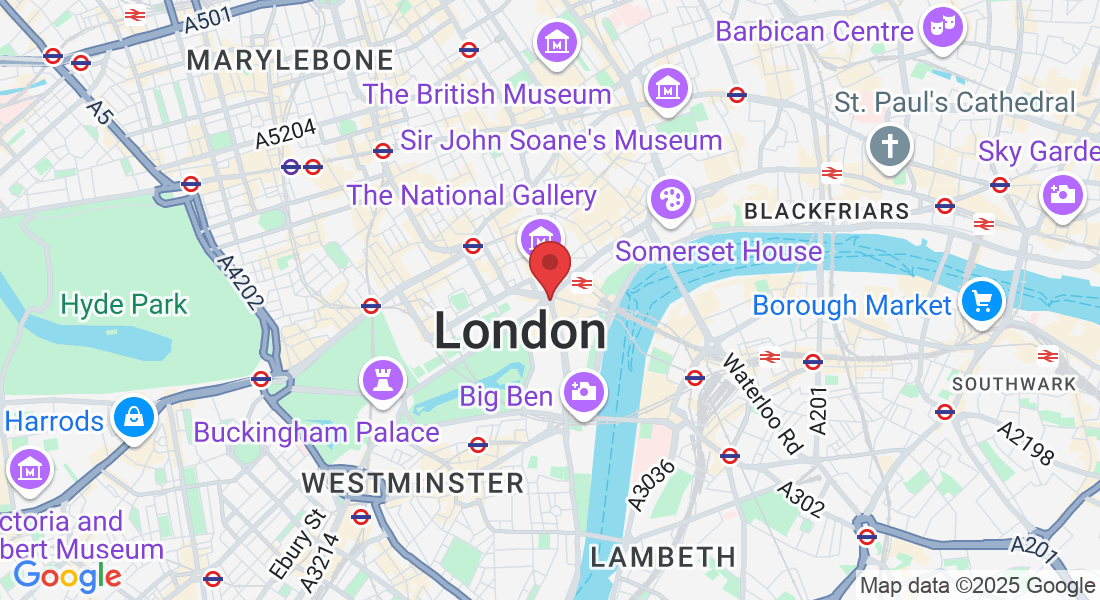Mr Ahmed Karim
Diverticular Disease
Diverticular disease and diverticulitis are conditions that affect the large intestine (bowel), causing tummy (abdominal) pain and other symptoms. They're caused by small bulges or pouches in the walls of the intestine called diverticula.
Symptoms of diverticular disease and diverticulitis
The symptoms of diverticular disease include:
- pain in the lower left side of your tummy (abdomen) – a small number of people get pain on the right side.
- tummy pain that gets worse after you eat, and gets better after you poo or fart.
- constipation.
- diarrhoea.
- blood in your poo.
- bloating.
If your intestine becomes infected or inflamed, it's called diverticulitis. You may also have symptoms such as:
severe, constant tummy painhigh temperaturebleeding or passing slime (mucus) from your bottom
Tests for diverticular disease and diverticulitis
The GP will ask questions to find out what's causing your symptoms. You may need a blood test or to give a poo sample to help find what's wrong.
You may need further tests to confirm if you have diverticular disease or diverticulitis and rule out other conditions. Further tests you may have include:
- a colonoscopy or flexible sigmoidoscopy, where a thin tube with a small camera on it is used to check inside your bowels.
- a CT scan.
Treating diverticular disease and diverticulitis
Treatments that can help with the symptoms of diverticular disease include:
- painkillers such as paracetamol.
- bulk-forming laxatives for constipation and diarrhoea.
- medicines to help with stomach cramps (antispasmodics)
Diverticulitis is treated with:
- antibiotics if the diverticulitis is caused by an infection.
- painkillers such as paracetamol.
Things you can do to help with diverticular disease and diverticulitis
If you have diverticular disease or diverticulitis there are things you can do to reduce the risk of your symptoms getting worse in the future.
Do
- eat a healthy, balanced diet including whole grains, fruits and vegetables – there are no specific foods you need to avoid.
- slowly increase how much fibre you eat if you do not eat much fibre – and make sure to also drink plenty of water.
- stop smoking if you smoke.
- maintain a healthy weight
Don’t
do not takeNSAIDs (such as ibuprofen) or opioid painkillers (such as codeine) – they can cause stomach problems or constipation, and increase the risk of getting a hole (perforation) in your bowel.
Complications of diverticulitis
Rarely, diverticulitis can lead to serious complications such as:
- a build-up of pus (abscess) in your bowel.
- a blockage in your bowel.
- an opening from your bowel to another organ, such as your bladder, called a fistula.
- a hole (perforation) in your bowel, which can cause a severe infection called peritonitis
These problems can sometimes be treated with antibiotics or surgery.
For example, you may need surgery to drain an abscess or remove an infected part of the bowel.
Some people will need to have a colostomy (where your bowel is brought out of a hole in your tummy and a bag is attached to collect your poo).
Call 999 or go to A&E if:
You or someone you care for:
- has severe tummy pain and is either vomiting, has a swollen tummy, or cannot poo or fart.
- is bleeding heavily from their bottom.
- is acting confused, has pale or blotchy skin, has a very high or low temperature, or is breathless or breathing rapidly – these could all be signs of sepsis
Source: https://www.nhs.uk/conditions/diverticular-disease-and-diverticulitis/
Get In Touch
Lister Hospital
Cromwell Hospital
Opening Hours
Monday - Friday
9:00 - 17:00
All major insurance providers are accepted
Cigna - Bupa - WPA - AXA PPP Healthcare - Vitality Health - Aviva Health - Norwich Union - Bupa Fee Assured - Saga Insurance
